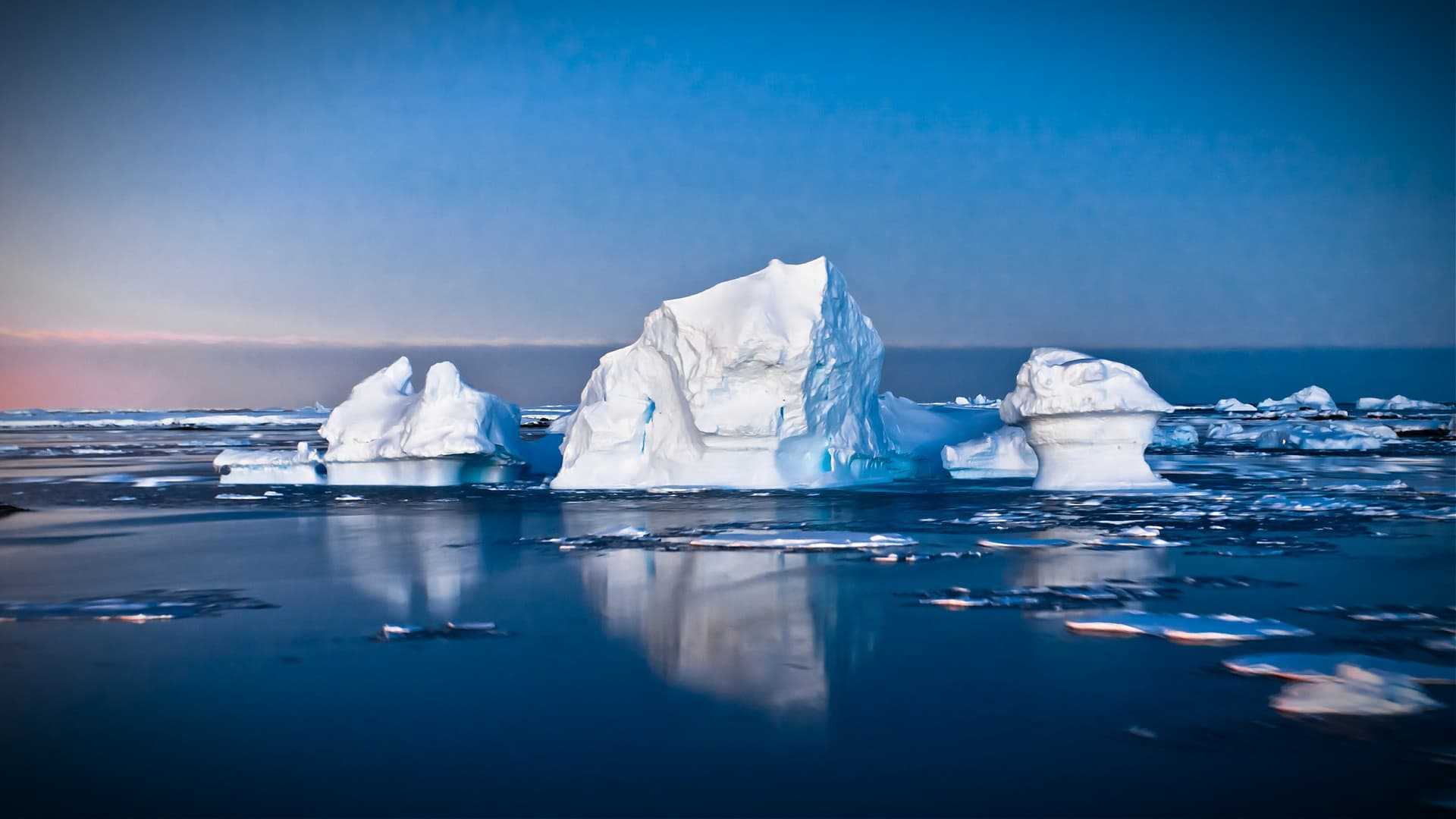Current Climate Pledges Will Not Avoid Irredeemable Consequences of Global Warming, Researchers Say

Global greenhouse gas emissions are projected to surpass the level needed to limit temperature rise to 1.5 ºC by 2030 by twice as much, according to the Climate Action Tracker. Current pledges to reduce emissions by 2030 would result in a 2.4 ºC temperature increase by 2100, indicating a significant gap between government promises and actual actions to address climate change.
Global greenhouse gas emissions are on pace to exceed the volume required to keep the planet’s surface temperature from rising 1.5 ºC above pre-industrial levels before 2030 by twice as much, a new analysis has found.
According to the Climate Action Tracker, an independent research index run by Climate Analytics and NewClimate Institute, the zero-carbon targets announced at the COP26 climate summit are “bringing false hope to the reality of the warming resulting from government inaction.”
It’s all very well for leaders to claim they have a net-zero target, but if they have no plans as to how to get there… frankly, these net-zero targets are just lip service to real climate action.
While analyzing climate data and public pledges made by participants in Glasgow, researchers found that following current pledges to cut emissions by 2030 alone will result in a 2.4 ºC increase by 2100.
When looking at what the countries are currently doing – as opposed to what they have pledged to do – global temperature would rise to 2.7 °C by the end of the century.
See Also:Climate CoverageA 2.7 ºC rise would be almost one degree higher than the target temperature rise that governments have embraced while pledging their net-zero strategies.
According to the Climate Action Tracker, in the best scenario, when all pledges are transformed into real action, there would be a 1.8 °C increase by 2100, which is more than the 1.5 °C ceiling set by the Paris Agreement.
Researchers from all over the world have recently signed an appeal published by hundreds of health science journals, which warn of irredeemable consequences if the 1.5 °C increase is reached.
The United Kingdom’s Met Office also has warned that heat and humidity could fatally affect up to one billion people on the planet, should the temperature rise 2° C.
“The majority of 2030 actions and targets are inconsistent with net-zero goals: there’s a nearly one-degree gap between government current policies and their net-zero goals,” said Bill Hare, the CEO of Climate Analytics.
“It’s all very well for leaders to claim they have a net-zero target, but if they have no plans as to how to get there, and their 2030 targets are as low as so many of them are, then frankly, these net-zero targets are just lip service to real climate action,” he added. “Glasgow has a serious credibility gap.”









